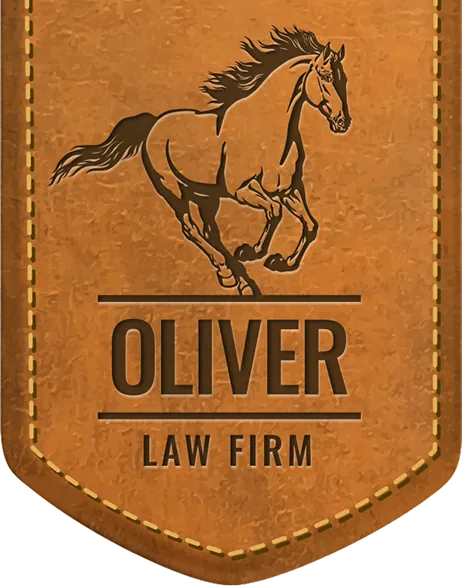So last week I opened up this very complicated issue of suffering in our world (a.k.a. a can of worms) and stated that I couldn’t make sense of suffering being an instrument of God who is all-powerful and all-loving as opposed to many who many claim it is “God’s will.” Can it be both? Several of you commented how you were looking forward to the next part of the blog. One, in particular, said, “I wonder where you are going with this.” To which I replied, “I am wondering that too.” I want to examine it from a few biblical stories and references that may help us make at least some sense out of it. This may take a couple of blogs to make it through such a complicated issue, but I feel like it is really important to do so, for we all suffer and sometimes it can be a real issue for those who seek to follow God–especially if we attribute our suffering to God.
One story that comes to mind for me is, of course, the story that started it all and has traditionally been called “The Fall” as it took place in the Garden of Eden. In this account, God told the man whom he created that he could eat from any tree in the garden, except for the tree of the knowledge of good and evil for if you do you shall die. Well, we know the snake came along, after the woman was created, and they entered into a conversation in which the snake told her that she would not die but instead her eyes would be opened and you would be like God. So the woman ate of the fruit, and she gave it to her husband. He ate, and boom, their eyes were opened. They knew they were naked and covered themselves with clothes made of fig leaves. What’s more is that God found them hiding in the garden and asked how they got into this predicament. The man said it was the woman’s fault. The woman said the snake did it, and the snake slithered away. God then assigned the man to a life of working the ground, to the woman childbirth, and to the snake a life of eating dirt. What do we learn from such a story? Besides the most obvious point of never talk to a talking snake, we learn that suffering comes sometimes from our own choosing. One often overlooked detail of this story is to examine the clothes that were made. The man and woman made clothes out of fig leaves. Have you ever felt of a fig leaf? It is about as course as sandpaper. I couldn’t imagine wearing clothes made from it. After God gave his punishment to the man and woman the scripture said God made clothes out of animal skins to replace the clothes they made for themselves. It doesn’t sound like to me that God wanted them to suffer. God’s nature is to care for and love God’s creation. The ancient Hebrews used this story to answer some very logical questions about life like, “Why do we have to work?” “Why do women give birth?” “Why do we have free will?” “What are people like?” and “What is God like?” One interesting fact about these ancient biblical stories is that most Jews would say that these stories were not intended to be taken literally, but nevertheless they are full of truth about God, humans and the world we live in. Quite honestly this story answers in part the question of “Why do people suffer?” We suffer mostly because we choose to go out on our own rather than trust God. The Hebrew word for this is “hubris” meaning excessive pride.
This isn’t the whole story of course, but it does inform us that either directly or indirectly part of the reason we suffer is through the choices we make. Now don’t be fooled. We can make what we think are all the right choices and still suffer in this world.
Next week, I will build upon this foundation by sharing the story of Joseph and how his suffering, partly of his own doing but mostly the doing of others, landed him in an interesting situation that may inform our outlook on suffering in a different way.
There is more to come! Make good choices!
Grace and peace!
Rex Dickey
a Free Consultation



